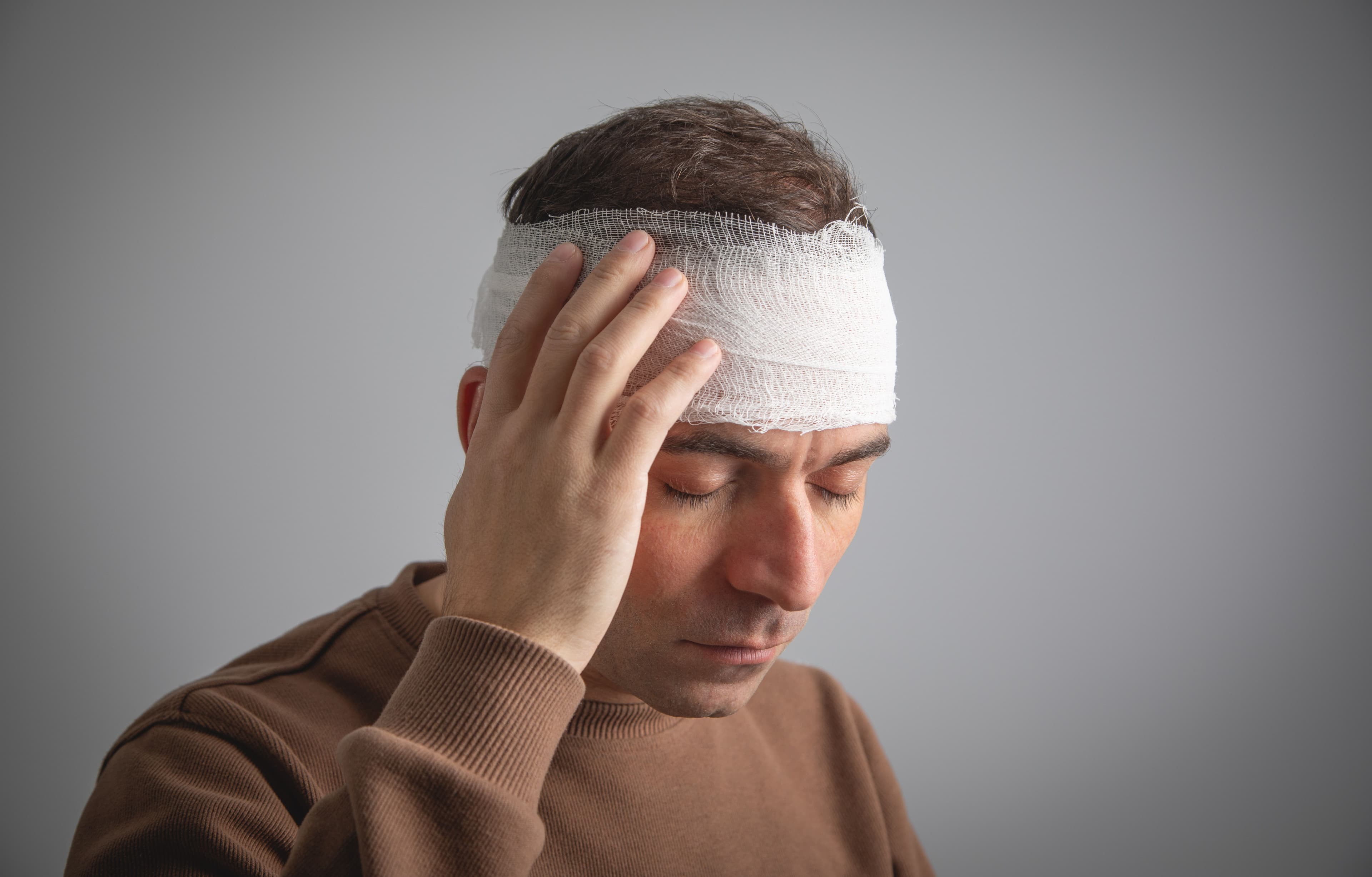$85,000
Personal Injury

$1,800,000
Car Accident

$1,000,000
Car Accident

$395,000
Car Accident

$300,000
Car Accident

$145,000
Car Accident

$140,000
Car Accident

$100,000
Car Accident

$100,000
Car Accident

$90,000
Car Accident

$250,000
Motorcycle Accident

$100,000
Motorcycle Accident

$100,000
Motorcycle Accident

$100,000
Bicycle Accident

$100,000
Bicycle Accident

$100,000
Pedestrian Accident

$300,000
Boating Accident

$300,000
Dog Attack

$100,000
Dog Attack

Motorcycle Riding: Freedom, Risk, and Responsibility
There’s nothing quite like the open road on two wheels. But every ride comes with risks—often due to the actions of other drivers, hazardous roads, or unpredictable situations. Motorcyclists face unique dangers, and when an accident happens, the consequences can be severe.
If you or someone you love has been in a motorcycle accident, you may be dealing with pain, lost income, medical bills, and uncertainty about what comes next. Understanding your rights and taking smart, proactive steps is essential for your health and your future.
Why Motorcycle Accidents Are So Dangerous
Unlike car occupants, motorcyclists are exposed and vulnerable. Even with a helmet and protective gear, you’re at risk for:
- Head and brain injuries
- Spinal cord injuries and paralysis
- Broken bones and fractures
- Road rash and deep lacerations
- Internal injuries
- Amputations or permanent disability
- Emotional trauma and anxiety
The road to recovery can be long, but you don’t have to face it alone.
Most Common Causes of Motorcycle Crashes
Motorcycle accidents often occur because of:
- Driver Inattention: Many drivers fail to see motorcycles at intersections, when turning, or changing lanes.
- Left-Turn Collisions: A leading cause—cars turning left in front of an oncoming motorcycle.
- Unsafe Lane Changes: Drivers may not check blind spots and sideswipe riders.
- Speeding and Aggressive Driving: Increases the risk and severity of collisions.
- Distracted Driving: Texting, eating, or adjusting the radio can have deadly consequences.
- Hazardous Road Conditions: Potholes, gravel, slick pavement, or debris are much more dangerous for bikes.
- Impaired Driving: Alcohol and drugs play a role in many motorcycle accidents.
In many cases, riders have little time to react, and even a minor mistake by another motorist can have life-changing consequences.
What To Do Immediately After a Motorcycle Accident
- Prioritize Safety: Move out of harm’s way if you can. If not, wait for emergency personnel.
- Seek Medical Attention: Even if you feel okay, get checked out. Some injuries—like concussions—aren’t immediately obvious.
- Call the Police: An official report is critical for your claim and for understanding what happened.
- Exchange Information: Get names, contact info, and insurance details from all involved, and contact information for any witnesses.
- Document the Scene: Take photos of your motorcycle, the other vehicles, your injuries, and any road hazards or debris.
- Preserve Evidence: Don’t repair your bike or helmet—these items may be important in proving your case.
- Don’t Admit Fault: Avoid making statements about fault or the cause of the crash at the scene.
Your Rights as a Motorcyclist
Motorcyclists have the same rights to the road as any other driver. If another person’s negligence caused your accident, you have the right to seek compensation for:
- Medical expenses: Emergency care, surgeries, therapy, medication, and ongoing treatment
- Lost income: Wages lost while you recover, and loss of future earning capacity
- Pain and suffering: Physical pain and emotional distress
- Property damage: Repair or replacement of your motorcycle and gear
- Permanent disability or disfigurement: Life-altering injuries and their long-term effects

Challenges Riders Face After a Crash
Motorcyclists often confront unfair biases:
- Insurance companies may blame the rider or downplay their injuries
- Drivers may claim they didn’t see the motorcycle
- Police reports sometimes misinterpret what happened, especially if there are no neutral witnesses
It’s important to keep records, gather evidence, and assert your rights clearly and confidently.
Dealing With Insurance After a Motorcycle Accident
Insurance companies will often:
- Try to settle quickly for less than your case is worth
- Argue that your injuries are not as severe as claimed
- Suggest you were riding unsafely or breaking the law
- Request a recorded statement or ask you to sign a release
Be cautious: stick to the facts, avoid speculating, and don’t accept any offers or sign anything without understanding the full extent of your losses and future needs.
How to Strengthen Your Motorcycle Accident Claim
- Document Everything: Photos, police reports, witness statements, and all medical records
- Keep a Journal: Track pain levels, doctor visits, and how injuries impact your daily life
- Preserve All Gear: Helmets, clothing, and damaged parts may serve as key evidence
- Follow Doctor’s Orders: Consistent treatment supports your claim and your recovery
- Know Your State’s Laws: Motorcycle laws (such as helmet requirements or lane splitting) vary by location and can affect your case
When Injuries Are Severe or Life-Changing
Some motorcycle accidents lead to long-term disability or permanent impairment. If you’re facing a future with new limitations, focus on:
- Accessing quality medical care and rehabilitation
- Connecting with support groups and adaptive sports programs
- Seeking help for emotional or psychological trauma
- Planning for changes at work, school, or home
Your well-being and quality of life should always be the top priority.
Frequently Asked Questions
What if I wasn’t wearing a helmet?
You may still be able to recover damages, though your compensation could be affected depending on your state’s laws.
Can I recover damages if I was partially at fault?
In many places, you can still seek compensation. Your recovery may be reduced based on your share of responsibility.
What if the other driver fled the scene (hit and run)?
You may have options through your own insurance policy or other resources. Report the incident immediately to police.
How long do I have to file a claim?
Every state has time limits for bringing a claim. Acting promptly is crucial.
Moving Forward After a Motorcycle Accident
Recovery from a motorcycle accident is never easy. It can affect every area of your life, from your physical health and emotional well-being to your finances and relationships. But by focusing on your recovery, understanding your rights, and taking careful, informed action, you can regain control and move forward.
Stay proactive, stay supported, and know that your rights as a rider matter.
Ready to take
the first step?
We Don’t Charge Upfront. We Don’t
Waste Time. We Just Win.
California Accident or Injury? Let us fight for you!

